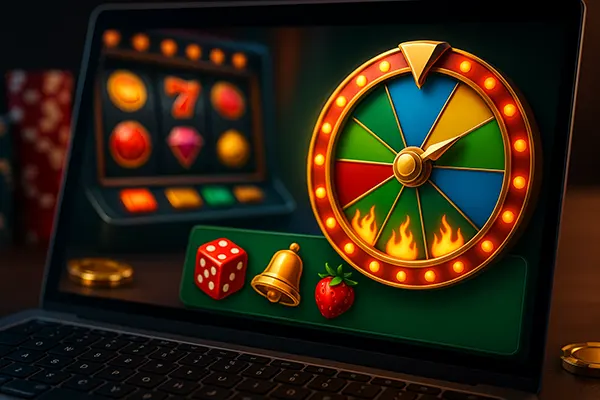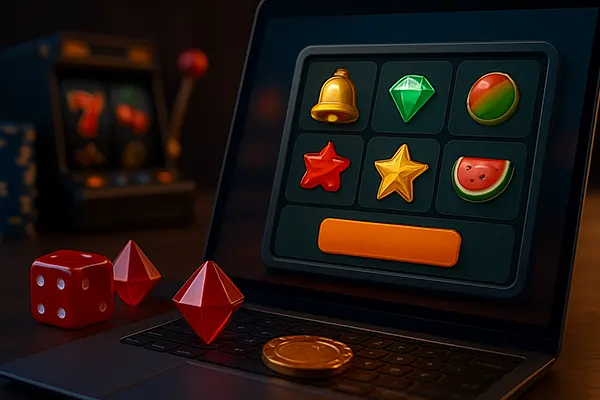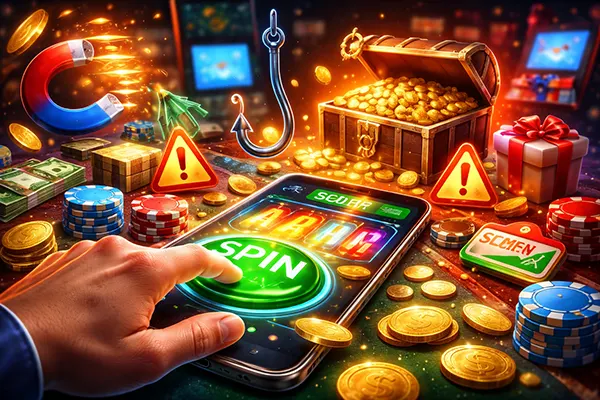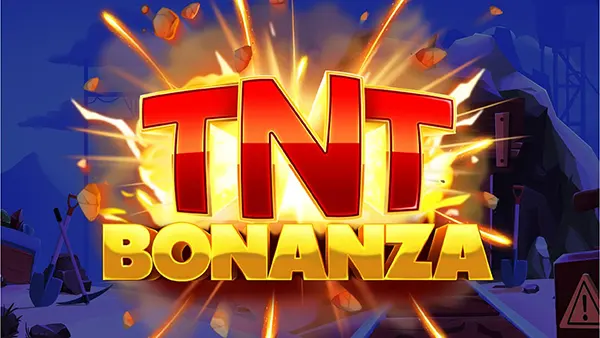
Why Online Casinos Are Launching “Mini-Games”: New Trend or Marketing Trick?
Over the past few years, online casinos have witnessed a remarkable transformation in how they engage users. One of the most notable developments has been the introduction of “mini-games”—short, often skill-based or instant-win games integrated into traditional gambling platforms. These games differ significantly from full-scale slots or table games in their pace, duration, and mechanics. But what’s driving this trend? Is it a genuine innovation responding to player demand, or just another clever marketing ploy?
The Emergence of Mini-Games in iGaming
The concept of mini-games in online gambling isn’t entirely new, but their rapid rise in popularity has become more evident since 2023. Operators began integrating quick-play options like crash games, wheel spins, or single-click arcade titles that take only seconds to complete. These games gained traction due to the growing demand for faster, mobile-optimised entertainment that aligns with modern content consumption habits.
Mini-games appeal especially to younger demographics accustomed to TikTok-length content and instant gratification. Unlike traditional slots or roulette games, these shorter formats don’t require much strategy or commitment, making them attractive to casual players who seek quick rewards without long gameplay sessions.
Additionally, the simplicity of mini-games has enabled developers to rapidly expand their offerings. This has led to a wider variety of choices across casinos, often under branded promotions or seasonal campaigns. By 2025, almost all major European gambling platforms include mini-games as a core part of their portfolio.
Regulatory and Market Influences
Regulatory shifts in key markets like the UK, the Netherlands, and Germany have played a role in shaping the environment for mini-games. Tighter restrictions on autoplay, bonus mechanics, and session durations encouraged developers to explore formats that comply with newer rules while still maintaining player interest. Mini-games often meet these requirements due to their standalone nature and lack of autoplay sequences.
Moreover, the rise of social casinos and gamified betting experiences has pushed real-money operators to rethink engagement. They’ve taken cues from mobile gaming and esports, infusing competitive elements and leaderboards into mini-game environments. This combination of real-time competition and quick feedback has proven effective in user retention.
Operators have also realised that mini-games can be used to fill downtime in a player’s session. For example, during tournament breaks or live dealer delays, users can switch to a mini-game without leaving the platform—keeping attention locked within the casino’s ecosystem.
Marketing or Innovation: What’s the Real Motive?
On the surface, mini-games might appear to be the product of player-centric innovation. After all, they provide fast-paced action and seamless mobile play. However, a deeper look reveals their strategic value in marketing and monetisation. Casinos use mini-games to drive traffic, increase retention, and promote engagement through rewards and bonuses attached to these games.
Some platforms even link mini-game performance to loyalty schemes or special unlocks. This creates a sense of progression, which in turn encourages repeat visits. Additionally, mini-games are often promoted with exclusive visuals and limited-time challenges, triggering players’ fear of missing out—a proven psychological trigger in both mobile gaming and gambling.
From a marketing standpoint, mini-games also serve as an effective tool for re-engagement. They are commonly used in email campaigns, push notifications, and app incentives due to their low barrier to entry and instant outcome. Thus, while the games themselves may appear simple, their role in the overall business model is highly calculated.
Data-Driven Game Design
Behind every successful mini-game lies detailed data analysis. Casino operators track engagement metrics such as session duration, drop-off points, and win/loss ratios to refine game mechanics. This data helps studios optimise visual stimuli, sound effects, and pacing to maximise user satisfaction and revenue.
Moreover, behavioural insights are used to personalise the mini-game experience. Algorithms determine which games are shown to specific users based on their previous activity. This level of targeting enhances the chances of interaction and monetisation, especially when paired with bonuses or targeted offers.
In 2025, the development of AI-driven personalisation continues to shape how mini-games are presented. Casinos now use predictive modelling to launch mini-games that anticipate player interests—blurring the lines between gambling and tailored entertainment.

Mini-Games as a Long-Term Strategy
What began as an experimental trend has become a long-term strategy for many operators. Mini-games are now part of onboarding flows, retention funnels, and even responsible gaming features. Their modular design allows easy integration into casino apps, sports betting interfaces, and hybrid platforms.
Mini-games are also proving useful in converting social or freemium players into real-money users. By offering demo versions or free spins, casinos introduce players to gambling in a low-risk environment. These games then become an entry point into deeper casino engagement.
Furthermore, some mini-games serve educational purposes—teaching players how odds work or simulating real games without the stakes. This adds a layer of user empowerment and trust, which is crucial in markets where player protection is a regulatory priority.
The Future of Mini-Games in Online Gambling
As 2025 unfolds, mini-games are expected to become even more immersive and interconnected. Developers are exploring augmented reality features, cross-platform gameplay, and blockchain-enabled assets that can be used across different games. This evolution aligns with broader trends in digital entertainment and player personalisation.
At the same time, regulatory bodies continue to monitor the implications of such rapid expansion. Concerns around addictive mechanics, fairness, and targeting of vulnerable groups are growing. Future mini-game innovations will need to strike a balance between excitement and ethical responsibility.
Ultimately, whether seen as a trend or a tactic, mini-games have undeniably reshaped the landscape of online gambling. Their true success will depend not just on player engagement, but on transparency, fairness, and the ability to adapt responsibly to an evolving market.




